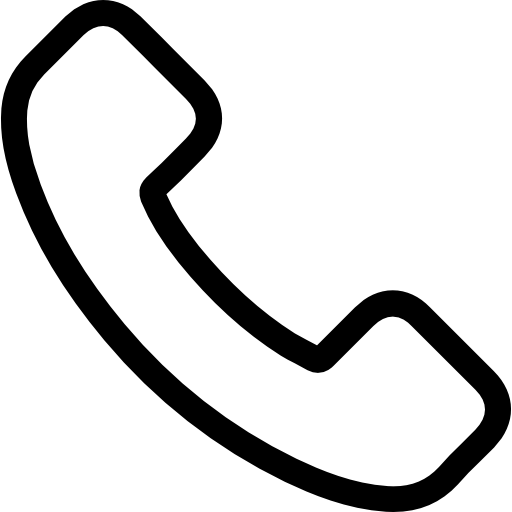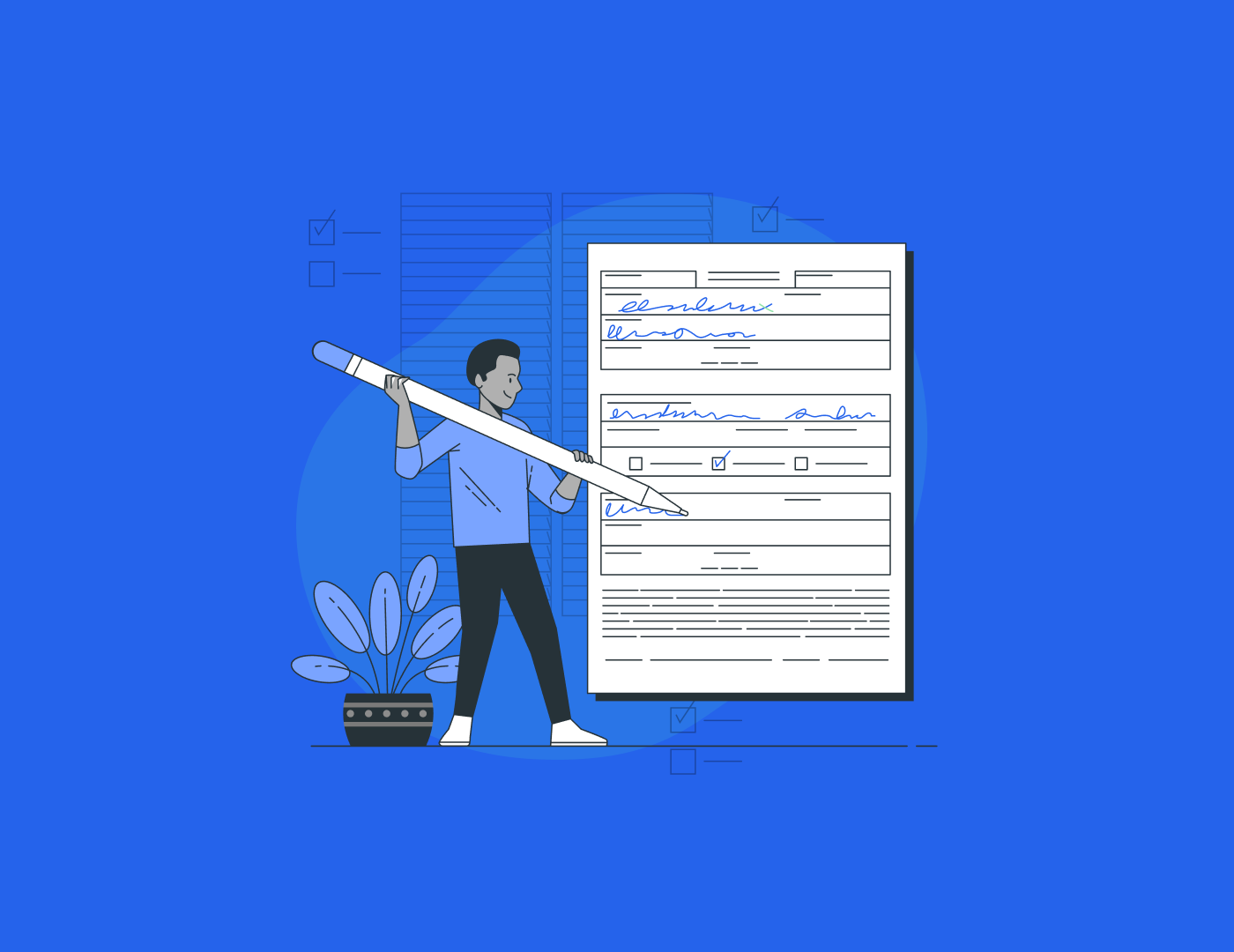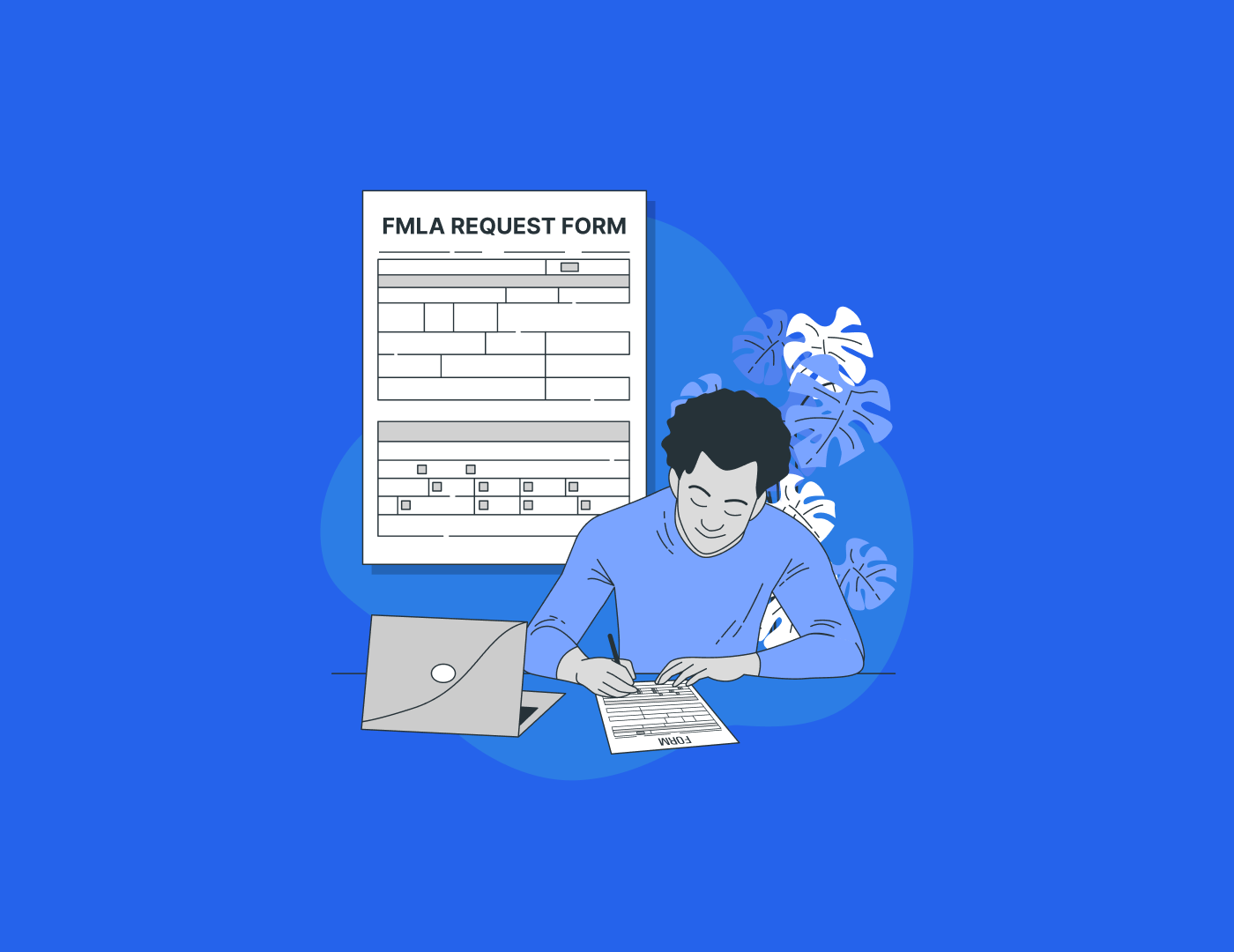Are online doctor’s notes valid?


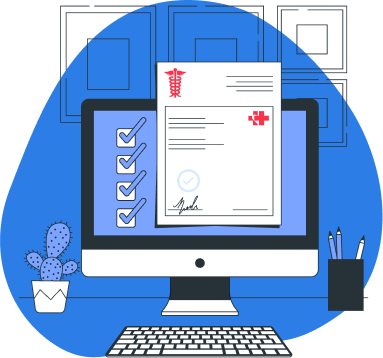
Meet the Author

Are online doctor’s notes valid?
Yes, as long as the doctor’s note meets the three requirements that are aligned with U.S. legal and medical standards. The rise of telehealth has made it easier than ever to access care without visiting a clinic, but not all doctors notes are created equal. Whether you're using a virtual urgent care platform or filling out an asynchronous intake form, the legitimacy of your doctor’s note depends on these three criteria:
- A physician must review your case and render judgement on whether a note is appropriate - A doctor must collect sufficient medical information to evaluate whether or not your situation warrants, in their opinion, a doctor's note.
- The reviewing physician must be licensed in your state. This will ensure that the doctor is authorized to evaluate and diagnose patients in your state.
- The note must include a proper signature and consultation date. This will certify that a real evaluation took place and ties the documentation to a specific timeframe.
- It must list verifiable clinics or can provide the doctor’s contact information. A phone number, email, or clinic name is critical for HR departments or schools to confirm the legitimacy of your doctor’s note.
When these conditions are met, the note is generally considered valid and legally compliant across most U.S. workplaces. This isn’t a legal loophole or a gray area, it’s how medical accessibility has evolved, especially for low-risk cases that don’t require hands-on examination.
These criteria apply regardless of whether the consultation occurs in-person or via telehealth. If you're new to telehealth notes, you might find our guide to getting a doctor’s note for work or school online helpful.
Are online doctor’s notes valid?
Yes, as long as the doctor’s note meets the three requirements that are aligned with U.S. legal and medical standards. The rise of telehealth has made it easier than ever to access care without visiting a clinic, but not all doctors notes are created equal. Whether you're using a virtual urgent care platform or filling out an asynchronous intake form, the legitimacy of your doctor’s note depends on these three criteria:
- A physician must review your case and render judgement on whether a note is appropriate - A doctor must collect sufficient medical information to evaluate whether or not your situation warrants, in their opinion, a doctor's note.
- The reviewing physician must be licensed in your state. This will ensure that the doctor is authorized to evaluate and diagnose patients in your state.
- The note must include a proper signature and consultation date. This will certify that a real evaluation took place and ties the documentation to a specific timeframe.
- It must list verifiable clinics or can provide the doctor’s contact information. A phone number, email, or clinic name is critical for HR departments or schools to confirm the legitimacy of your doctor’s note.
When these conditions are met, the note is generally considered valid and legally compliant across most U.S. workplaces. This isn’t a legal loophole or a gray area, it’s how medical accessibility has evolved, especially for low-risk cases that don’t require hands-on examination.
These criteria apply regardless of whether the consultation occurs in-person or via telehealth. If you're new to telehealth notes, you might find our guide to getting a doctor’s note for work or school online helpful.
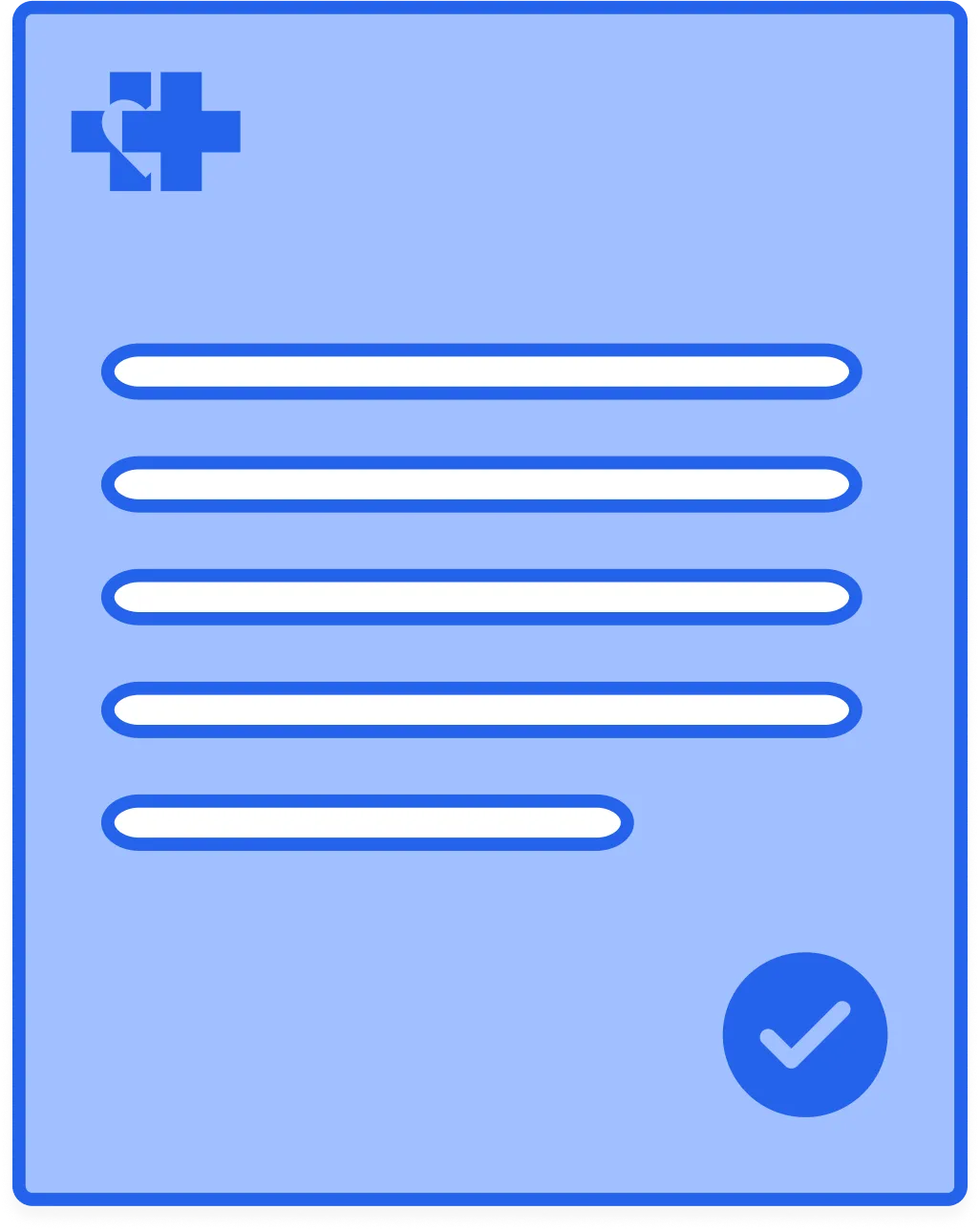
How telehealth notes meet (or fail) those rules
Not all telehealth notes are created equal. While the best services follow every guideline, others cut corners. Here's a breakdown:
There are a lot of providers that ensure all notes are signed by a doctor licensed in the patient’s state and include timestamped, verifiable documentation.
How telehealth notes meet (or fail) those rules
Not all telehealth notes are created equal. While the best services follow every guideline, others cut corners. Here's a breakdown:
There are a lot of providers that ensure all notes are signed by a doctor licensed in the patient’s state and include timestamped, verifiable documentation.

Red flags that get notes rejected by HR
Human Resources teams are trained to quickly identify invalid medical documentation. These are the red flags they look for:
- No state or license number for the provider: If the identity or qualifications of the signer can’t be verified, the note will likely be dismissed.
- Lack of verifiable contact information: A note with no clinic name, phone, or email cannot be authenticated.
- Overly generic templates: Notes that lack detail or resemble mass-generated PDFs can appear suspicious, especially when they remove symptoms, dates, or any individualization.
- Missing or vague timelines: Most employers expect to see specific dates the patient is excused for, not just a “rest recommended” line.
Red flags that get notes rejected by HR
Human Resources teams are trained to quickly identify invalid medical documentation. These are the red flags they look for:
- No state or license number for the provider: If the identity or qualifications of the signer can’t be verified, the note will likely be dismissed.
- Lack of verifiable contact information: A note with no clinic name, phone, or email cannot be authenticated.
- Overly generic templates: Notes that lack detail or resemble mass-generated PDFs can appear suspicious, especially when they remove symptoms, dates, or any individualization.
- Missing or vague timelines: Most employers expect to see specific dates the patient is excused for, not just a “rest recommended” line.

How employers verify an online note
Employers often rely on a standard verification process, especially when reviewing digital notes:
- Phone verification: They may call the number listed on the note to confirm its legitimacy.
- License lookup: HR may cross-check the provider’s license via state medical board databases.
- Document consistency: Notes that match standard legal and medical formatting are more likely to be accepted.
For more detail, see our full Doctor’s note verification guide.
State differences: live-video vs. async rules
Telehealth laws continue to evolve, but asynchronous visits (where patients fill out an intake form without a live video) are legal and accepted across all states for routine care. All permit asynchronous doctor’s notes when the provider is in-state licensed and HIPAA-compliant.
How employers verify an online note
Employers often rely on a standard verification process, especially when reviewing digital notes:
- Phone verification: They may call the number listed on the note to confirm its legitimacy.
- License lookup: HR may cross-check the provider’s license via state medical board databases.
- Document consistency: Notes that match standard legal and medical formatting are more likely to be accepted.
For more detail, see our full Doctor’s note verification guide.
State differences: live-video vs. async rules
Telehealth laws continue to evolve, but asynchronous visits (where patients fill out an intake form without a live video) are legal and accepted across all states for routine care. All permit asynchronous doctor’s notes when the provider is in-state licensed and HIPAA-compliant.
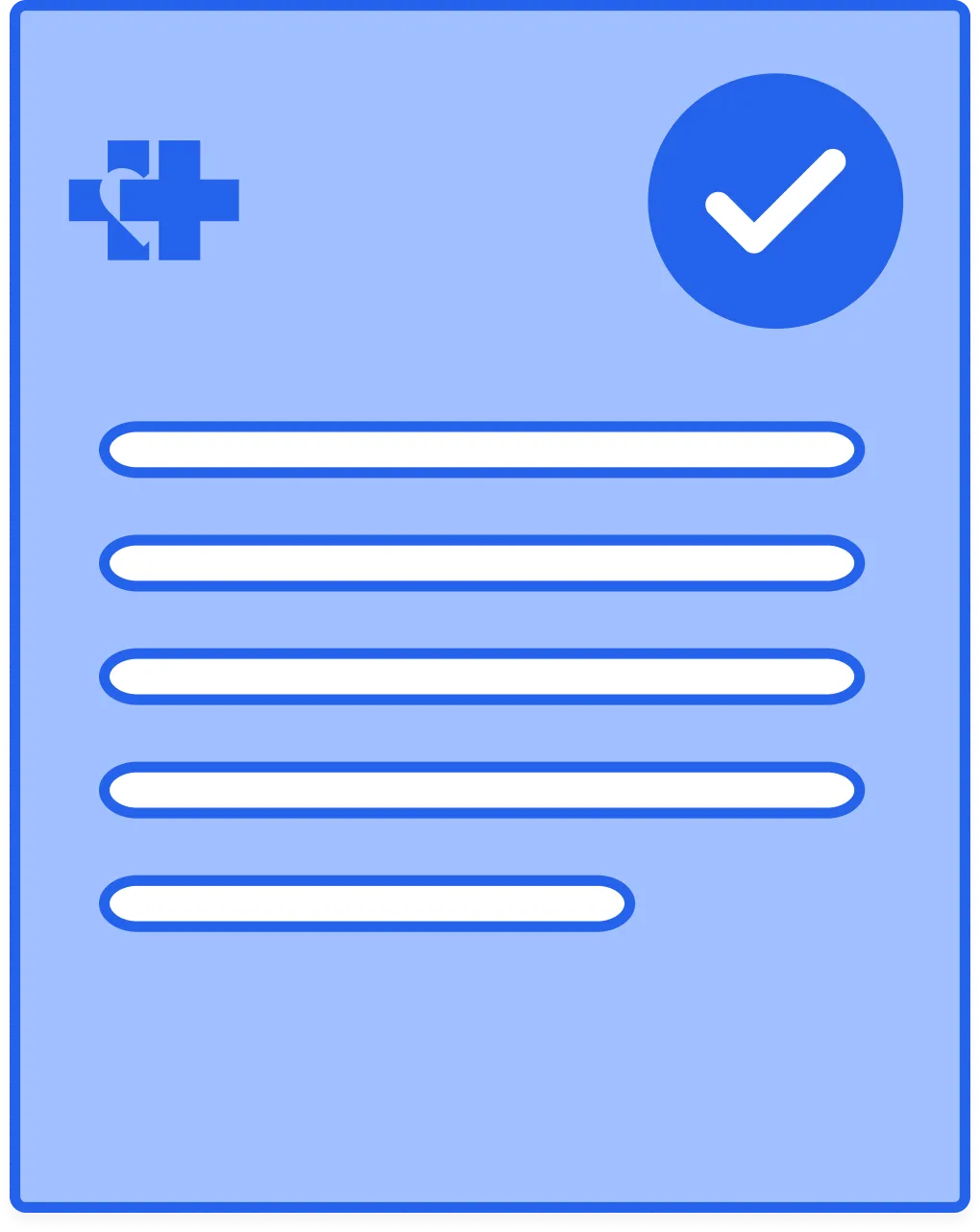
Get Your Board Certified Doctor’s Note In 10 Minutes



Still have questions? Find answers here:
Yes, in most states. Nurse Practitioners (NPs) can independently evaluate patients and issue return-to-work notes as long as they’re acting within their scope of licensure.
Not for common colds, minor injuries, or caregiving absences. Intake + async doctor review is medically sufficient and employer‑compliant.
Some will. Coverage varies by plan, but many insurers now offer telehealth benefits. That said, many asynchronous services like TrustMedical are designed for out-of-pocket, low-cost convenience rather than insurance billing.
You have a right to ask for their reasoning in writing. If the note meets legal standards but is still rejected, you may want to file a complaint under the FMLA, ADA, or with your state’s labor agency.
250K+






Money Back Guarantee!

